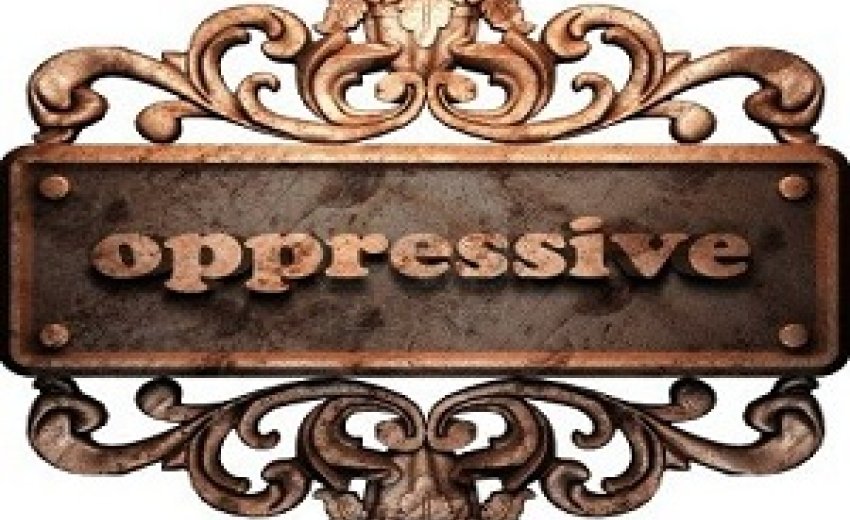January 16, 2013: As Libya, Egypt and a handful of African countries have become more open and democratic in the past year, Mali and some of its neighbors have become dramatically less so, according to a new report from the democracy watchdog Freedom House.
Here are the biggest winners and losers in the organization’s “freedom score” over the past three years:
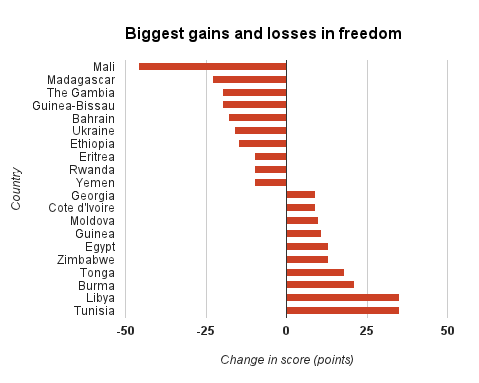
Olga Khazan
The organization classifies countries as either “Free,” meaning there is open political competition, a climate of respect for civil liberties and independent media; “Partly Free,” meaning there is corruption, weak rule of law and ethnic strife; and “Not Free,” in which basic political and civil liberties are absent.
The report also offers a neat look at how major world events over the past year have impacted day-to-day rights and liberties:
1) Mali lost its glow: Mali suffered a precipitous decline of two tiers, from “Free” to “Not Free.” The once-model democracy took hits from the Tuareg rebellion, a military coup and the takeover in its northern region by Islamist militants.
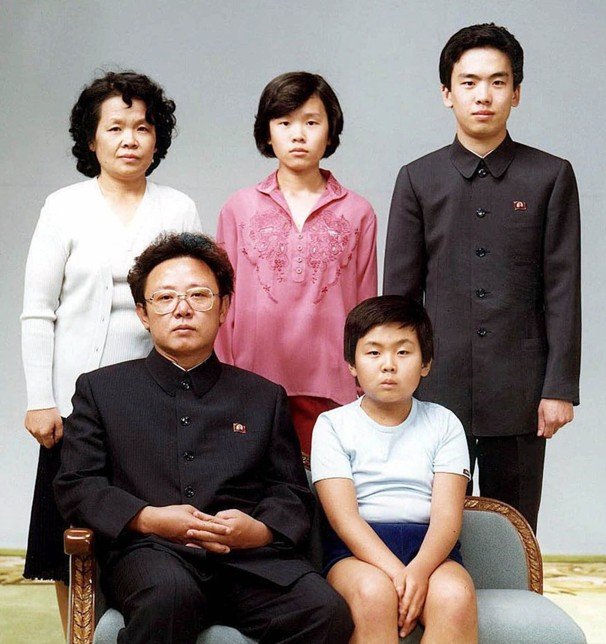
Kim Jong Il and his family pose for a portrait in 1981.
2) The worst of the worst: Nine countries have the organization’s lowest rating, 7, for both political rights and civil liberties: Eritrea, Equatorial Guinea, North Korea, Saudi Arabia, Somalia, Sudan, Syria, Turkmenistan and Uzbekistan. There’s no shortage of examples of North Korea’s human rights abuses, and earlier this year we also wrote about the worrying situation in Uzbekistan, where dictator Islam Karimov and his family amass power and wealth at the expense of citizens. Mahmud Turkia/AFP/Getty Images
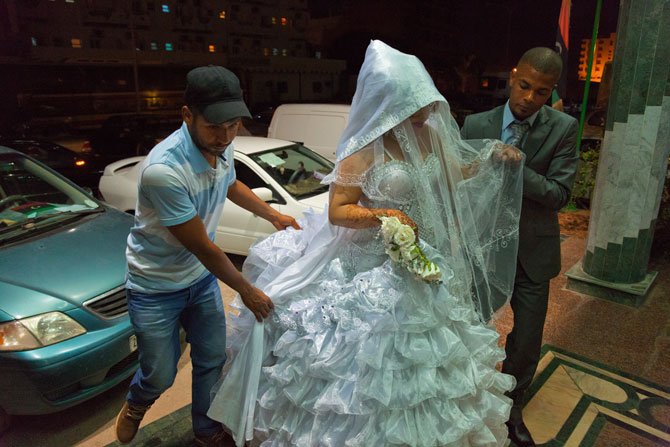 |
| Photograph by George Steinmetz A FRESH START A bride adorned with lace and henna designs on her arms is ushered into a Benghazi hotel. Marriage ceremonies are segregated by gender. It’s unclear whether a post-Qaddafi Libya will allow women more freedom, but hopes run high. |
3) Progress in Libya, less so in Egypt: Libya was one of the biggest gainers, advancing from “Not Free” to “Partly Free” and seeing one of the largest year-over-year increases in rights in the report’s 40-year history. As the Post’s Abigail Hauslohner reported, post-Gaddafi Libya is still not “what you’d call fun,” but life there is slowly becoming more normal after the former dictator’s fall.
Meanwhile, Egypt’s experience was more measured. While direct military rule came to an end through the election of President Mohammed Morsi, the new constitution was drafted without the input of many of the country’s minority groups, and questions about the true extent of democratic freedoms persist.
4) The world is getting less free: More countries registered declines than gains in freedom over the course of 2012. “This marks the seventh consecutive year in which countries with declines outnumbered those with improvements,” the report found. More than a third of the world’s population lives in “Not Free” countries, although half of them live in China. Children look on in the Republican Hospital for Infectious Diseases, which specializes in treating HIV-positive children in Ust-Izhora outside St. Petersburg, Russia, in this May 30, 2006 file photo. (AP)
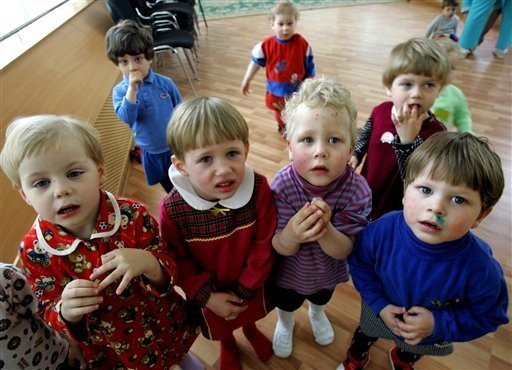 |
| Children look on in the Republican Hospital for Infectious Diseases, which specializes in treating HIV-positive children in Ust-Izhora outside St. Petersburg, Russia, in this May 30, 2006 file photo. (AP) |
5) Eurasia is the new Middle East: Eurasian countries fared especially poorly, in large part because Russian President Vladimir Putin enacted a series of harsh laws meant to crack down on dissent, the authors wrote. According to Freedom House, Eurasia now rivals the Middle East as “one of the most repressive areas of the globe” because autocrats rule most of its 12 countries.
6) Burma is now more free than China: The report cites near-constant communications censorship, arbitrary detentions and a crackdown in Tibet for China’s continued low freedom rating.
“Indeed, despite prominent rhetoric about fighting corruption, the last weeks of the year were marked by official speeches, state media pronouncements, and practical measures designed to justify or implement increased control over online communications,” the authors found.
While Burma is still considered Not Free, its main opposition political party was allowed to participate in the country’s 2012 parliamentary elections, boosting its political freedom score. Over the past few years, Burma has also freed hundreds of political prisoners, relaxed restrictions and moved away from China, its longtime patron.
